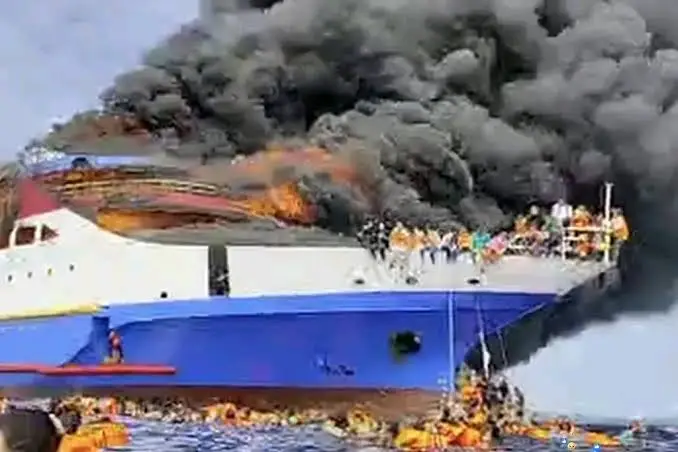
Colorado is currently experiencing a series of severe weather events, including tornadoes and an impending heatwave, prompting residents and authorities to remain vigilant.
The National Weather Service has confirmed multiple tornadoes across the state, with significant impacts in Arapahoe and Adams counties.
An EF2 tornado near Bennett, Colorado, on May 18, 2025, caused considerable damage over a 5-mile path, highlighting the unpredictable nature of spring weather in the region.
In addition to tornado activity, Colorado’s mountainous regions have been blanketed with heavy snowfall. Elevations above 8,000 feet have reported over a
foot of snow, leading to hazardous travel conditions and potential power outages due to downed trees. This late-season snowstorm, while not uncommon for the Rockies, adds complexity to the state’s weather challenges.
Looking ahead, meteorologists are forecasting a prolonged and intense heatwave for Colorado starting in June. The combination of below-average
snowpack and rapid snowmelt is expected to contribute to higher temperatures and increased wildfire risks. Residents are advised to prepare for the heat and stay informed about fire safety measures.
The recent severe weather events are part of a broader pattern affecting the central United States. Over the past week, violent storms and tornadoes have swept through the region,
resulting in at least 27 fatalities and widespread destruction. Colorado, situated in the heart of “Hail Alley,” remains particularly susceptible to such extreme weather phenomena.
In response to these challenges, Colorado’s urban planning initiatives are focusing on enhancing resilience. Denver’s tree canopy, currently at 16.7%, is below the national average,
prompting efforts to plant 4,500 new trees in 2025. This initiative aims to mitigate urban heat islands and improve air quality, contributing to the city’s overall climate adaptation strategy.
As Colorado navigates these complex weather patterns, the importance of preparedness and community resilience cannot be overstated. Residents are encouraged to stay informed through official channels and to take proactive measures to safeguard their homes and families against the state’s dynamic climate conditions.
With the Atlantic hurricane season projected to be above normal, Colorado’s experiences serve as a reminder of the interconnectedness of weather systems and the need for comprehensive disaster preparedness across the nation.






